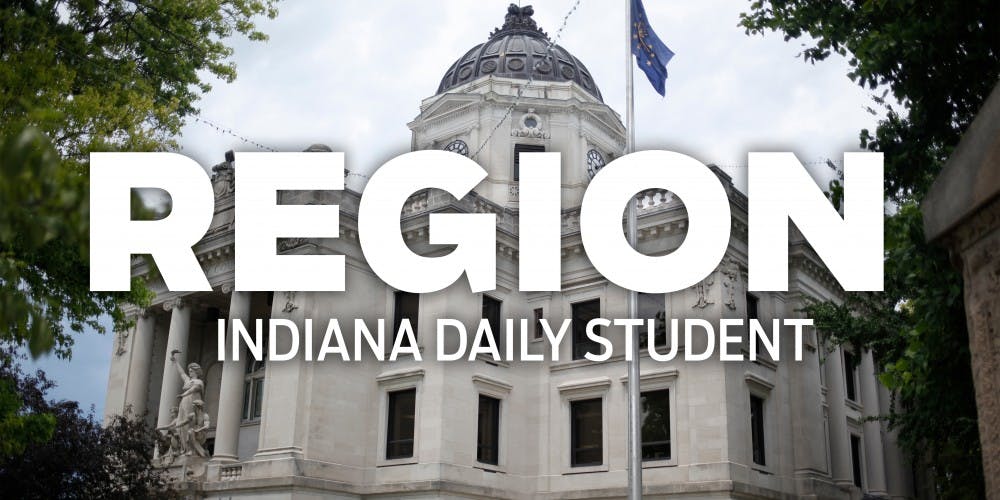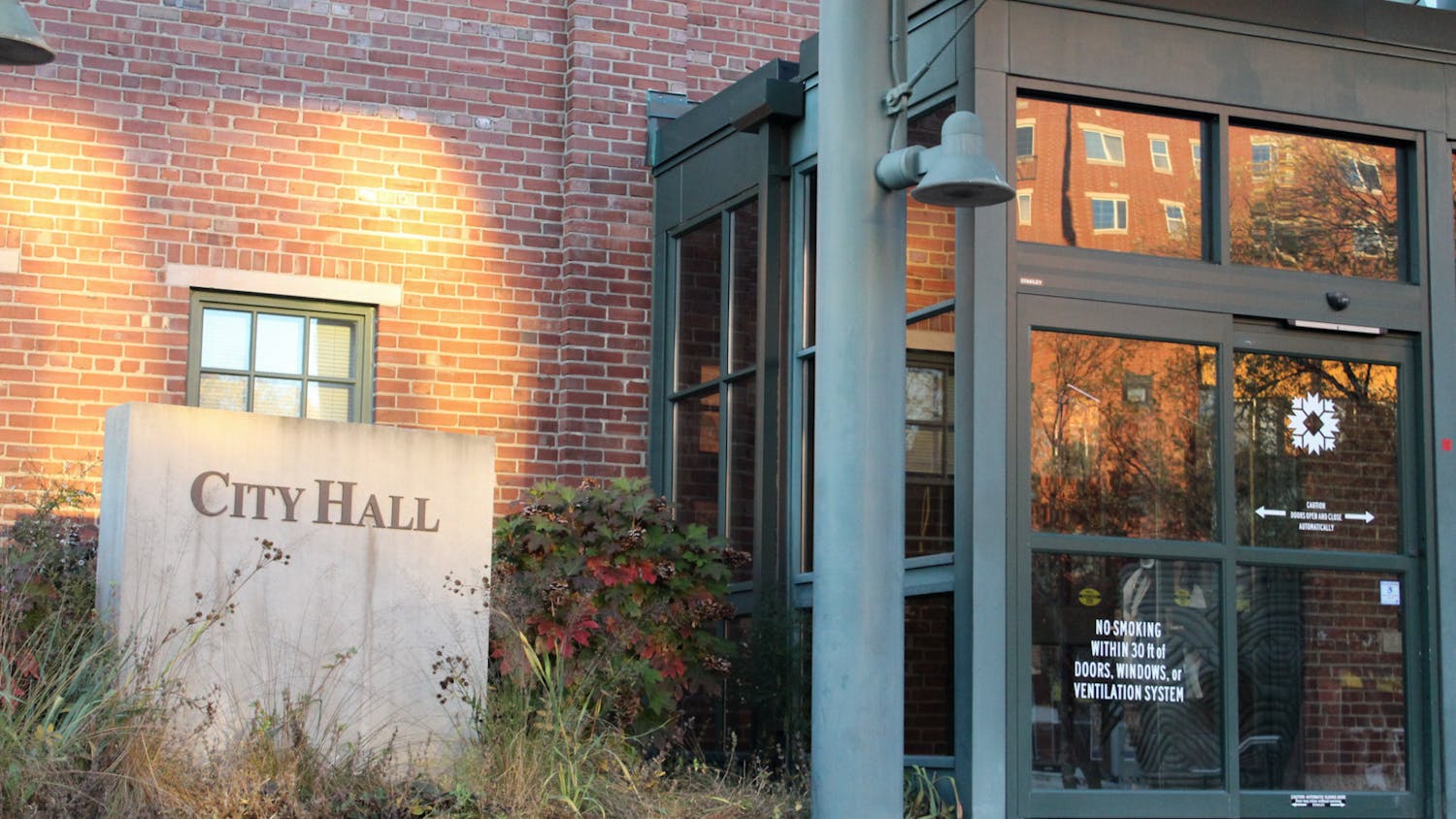Debate about charter schools and school vouchers — hot topics in recent years — dominated much of a state house education committee hearing Tuesday that stretched from 8:30 a.m. into the early evening.
Indiana Democratic and Republican representatives discussed several education-related bills on which they agreed in general premise and mission but clashed regarding specifics.
The committee passed three bills Tuesday despite protests and failed amendments suggested by Democratic representatives.
A majority of the hearing was taken up by public testimony for and discussion of amendments to House Bill 1004, a bill authored by Committee Chairman Rep. Robert Behning, R-Indianapolis.
The bill passed 9-4, with dissenters saying the bill in its current state is not ready and failed amendments should be revisited on the full House floor.
The bill would expand an already existing pre-K grant program, “On My Way Pre-K, “from its current five counties to a total of 10 counties.
“I know that pre-K does make a difference in kids’ lives,” Behning said in his bill pitch. “It’s something that we need to embrace.”
While apparently no Democrats, Republicans and testifiers — such as teachers, union officials and public education advocates — in the committee hearing disagreed with Behning on the necessity of the program, conflict arose regarding vouchers.
A voucher is money from the state that helps pay for a student to attend a school of their choice. HB 1004 contains language that intertwines the pre-K grant program with a K-12 private school voucher program.
The bill provides what Behning referred to as a “seamless provider network” into the K-12 voucher program. It ensures students who receive a grant from “On My Way Pre-K” could continue their education with the assistance of a private school voucher in the future.
A sister bill, Senate Bill 276, in the Senate is the same as HB 1004 minus this voucher provision.
Linda Robb, a retired public school instructor and law practitioner, said the bill is an irresponsible funding decision because the future cost of vouchers cannot yet be accurately estimated, so the legislature shouldn’t promise them to students.
“I’m not here to argue the demerits of a voucher system, which is out of control, and I’m not here to discuss how I believe there is a blurred line between government and religion with vouchers,” Robb said. “I’m just asking the legislature to be sensible and keep it simple.”
The committee took a recess around 1 p.m. and reconvened a little after 5 p.m. to hear testimony on an additional bill that will be discussed during Thursday’s hearing and to vote on amendments to 1004.
There was confusion about whether the bill expands eligibility for the voucher scholarship. Behning said it does not — if a student is income-eligible as a preschooler, they must remain income eligible in 1st grade, 2nd grade and so on.
All eventually agreed that with the voucher language, the bill adds a new avenue through which a child can become involved in the scholarship program.
Rep. Ed Delaney, D-Indianapolis, introduced an amendment to strike the language allowing this from HB 1004, but it failed on party lines.
Delaney put forth another amendment that would have encouraged expansion of the pilot to a statewide rollout program, but Behning said this move would kill the bill immediately in the Senate, and the amendment failed.
Another bill, which concerns charter school accountability, was also intensely debated Thursday. House Bill 1328 passed 7-4 with complete partisan split within the committee.
While Democrats in the committee agreed it moves in the right direction in holding charters accountable to more standards within the state, they were concerned with several provisions in the bill.
Namely, Delaney was apprehensive about a proposed amendment that essentially states charter schools would not fall under the umbrella of the Indiana Department of Education but would instead be overseen and advised by a separate charter board.
“Are charter schools public schools?” Delaney asked. “How do I, as a legislator, help direct a state educational policy if I create a set of schools not under the state educational policy?”
Charter schools are public schools. They are publicly funded by taxpayers but privately-run.
They are an enticing option for parents who support school choice and would like their children to have the ability to experience specific teaching styles and methods not explored in public education, but they have met with controversy in recent years from opponents who say they cater to the wealthy and exclude disabled students.
Opponents also complain those who run charter schools are not submitted to the same rigorous standards and scrutiny as public schools. Democrats reiterated this complaint during the hearing.
Other Democrats in the committee echoed Delaney’s concern regarding language in the bill that separates authority for the Indiana Charter School Board from the Indiana Department of Education.
Rep. Vernon Smith, D-Gary, echoed Delaney’s sentiment — separating management of charter schools could create disagreeing standards.
“We’re going in the direction where we’re going to have a dual system going,” Smith said. “I think it’s dangerous.”




